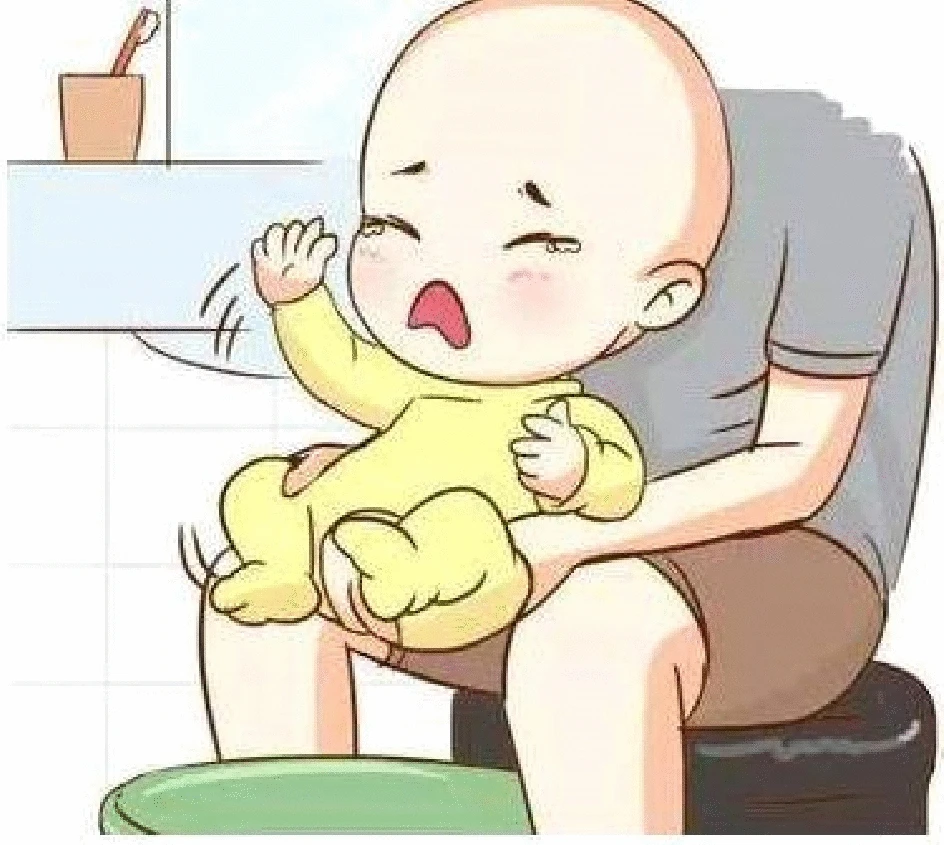I was surprised to see a recent Nature Journal article about elimination communication (EC) and the decreased risk of bladder and bowel disease (BBD) in children who went thru EC versus those who went thru traditional toilet training after the age of 2 years. Bladder and bowel disease includes urinary incontinence, enuresis/bedwetting, constipation and recurrent UTIs. This idea of EC is very intriguing to my practice in pediatrics and pediatric urology, as we typically recommend toilet training closer to the age of 2-4 years. The thinking is if toilet training is started too early or pushed too hard, this can lead the child withholding their urine and stool, which can lead to BBD. But this journal article about elimination communication says otherwise.
What is Elimination Communication?
Apparently, elimination communication is a common practice in places where disposable diapers are not utilized because of decreased availability or the cost is too expensive. And I should have know this, as my husband, who was born in Taiwan, was telling me that he and his cousins were toilet trained by 12 months old. He also still remembers his Grandmother using a quiet whistle during training. When they were around 6-9 months old, his Grandmother would hold them over the toilet in a sitting position and whistle quietly. This eventually trained them to urinate. She also sat them over the toilet after eating, and this facilitated with training them to poop regularly in the toilet. They didn’t have disposable diapers and they were hand washing cloth diapers, so this was a better option. In Asia, there are split-crotch pants for infants and babies that can help with elimination communication.

Practicality of EC
After reading the article about elimination communication in Nature, I did more research on EC. There are facebook groups and courses parents can take to help guide them thru EC. They even break it up into part time EC and full time EC. Part time EC can just be for bowel movements, just in the day during certain times, or just when they are around a committed caretaker. I can see that the majority of parents could possibly do this. Full time EC would require a caretaker that is constantly around the child to fully train throughout the day and night. A lot of the information currently out there about EC focuses on “infant led potty training” and becoming more in tune with the baby and reading its cues. I actually think this is a wonderful thing- being more in tune with your child and their needs. There is also a movement in being environmentally friendly and doing elimination communication to decrease the trash associated with disposable diapers. Also a great point! I’m all for saving the earth.
Elimination communication is not for every family because many families these days can’t count on daycare to do “infant led potty training”. However, I do think that it can be used in certain situations, especially if the child is at higher risk of developing bladder and bowel disease, such as those with known vesicoureteral reflux (VUR) or has siblings with VUR.
